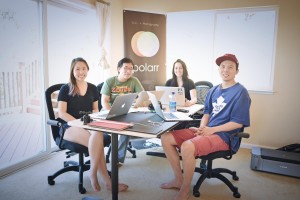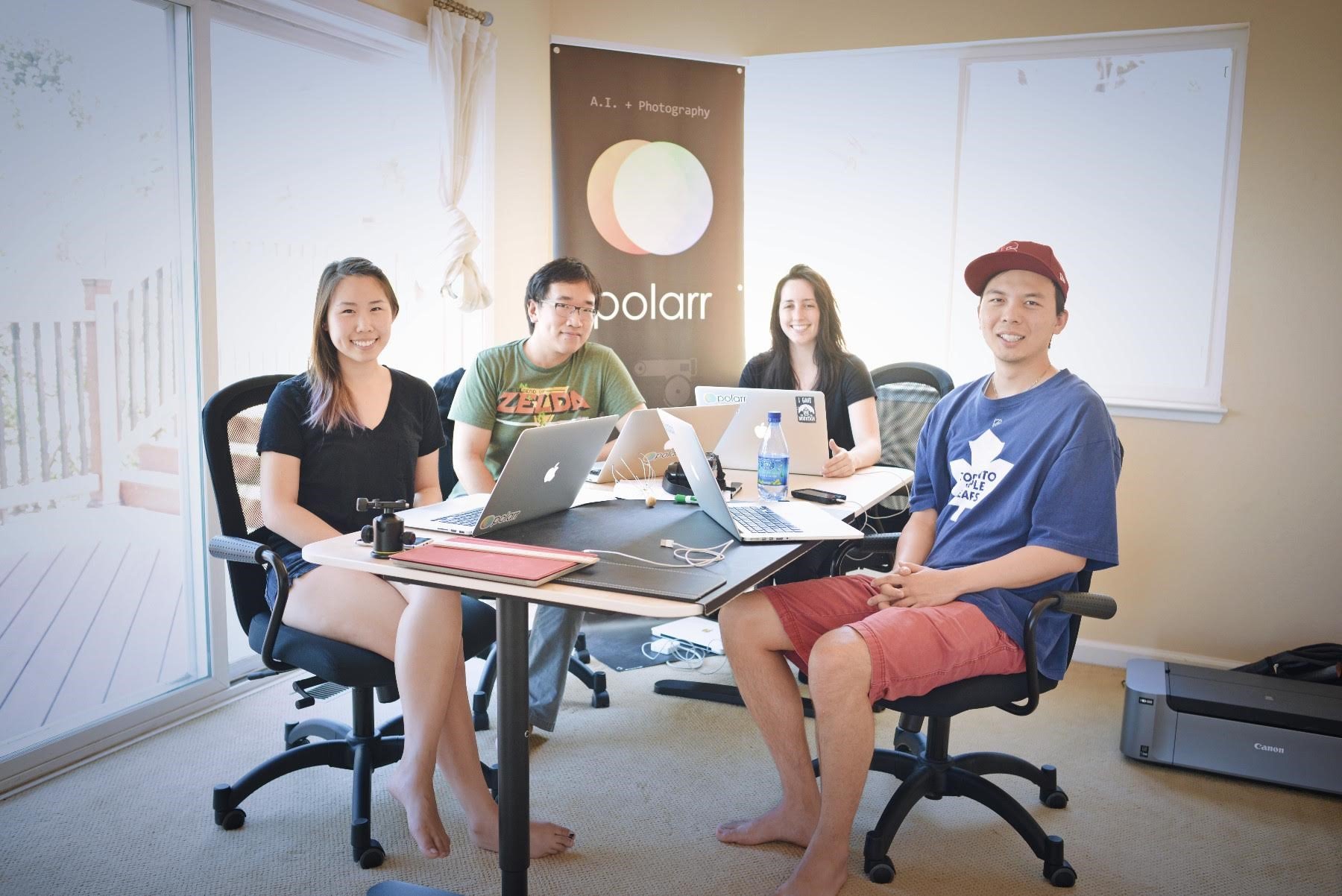
Polarr CEO Borui Wang ’14 created the app as a way to make professional photo editing tools available to everyone. Inspired by his passion for photography and his desire to have a product where people could draw out the beautiful images they only see in their minds, he decided to create Polarr — an app that received 250,000 downloads in its first 48 hours according to an article in Business Insider.
In this interview with Wang, the founder revealed his secrets to running a successful startup and creating a product that people truly need.
The Stanford Daily (TSD): What were some of the most valuable insights you took away from the experience of building Polarr?
Borui Wang (BW): I think the most valuable insight I would say is just realizing that what we are doing is not completely completely new. Before iPhones you had older cell phones — It’s just iteration after iteration. I don’t see [Polarr] as necessary , quite honestly. We basically do certain things a little bit better than the best. And when you have all these small things that add up, then you become the new best thing.
TSD: Can you talk a little bit about the Stanford experience of your team and how that played a role in the success of your app?
BW: For me, the Stanford experience means a very tight schedule. In turn it sort of helps you to develop your ability to fight with deadlines. There’s plenty of classes at Stanford that […] have the same pace as doing a startup. These classes helps you understand how to prioritize your time, your energy, how to communicate with your team, and how to make compromises.
TSD: Can you talk a little bit about the culture and attitude of your startup?
BW: We are very product-driven team which means we spend most of our time trying to observe how people use our products. Some of the process that we were doing requires days and days of thinking, testing, redesigning, reimplementing, storing away brand new ideas and starting all over again. We don’t really work for long hours. Everybody in the company has plenty of their personal time but when they come back they are very productive and creative.
TSD: If you could talk to a programmer who is thinking about making their own app, what would you say to them?
BW: You want to work on something that you feel really matters. Be very robust, be very careful, be very detailed about the user experience. It is important to not be biased by yourself. Sometimes people do that and they will become the only user of their app. If you’re making an app, a really good signal is if your friends start to use it. Writing code — that’s almost secondary because once you have a clear idea of what people need, coming up with features, engineering and architecting it will be a lot easier.
TSD: What is your vision regarding the future of Polarr? Where do you see your app in a couple years?
BW: [Polarr was] pretty much a pro editor made for everyone — we felt like people are smart enough to use professional tools. The next phase of the company is making that process even easier. People can dream of really really beautiful things but since they are not painters, they only have that image in their mind. How can you allow software to help you draw that out? I think the next step to Polarr is thinking about how we can develop these platforms and tools that use Artificial Intelligence to understand people’s intentions.
TSD: Any other thoughts?
BW: First of all, I would like to say that our app only works on the later iPhones. But I do want to say one other thing. Our app — if someone were to compare our app to other apps — is not the most feature rich. The reason we are so successful is we focus on just a few very special features. So, when people are spending time with our app they feel like there are no cheesy or extra features […] all are essential. I think that’s really why we stand out.
This interview has been condensed and edited.
Contact Riya Berry at 18rberry ‘at’ castilleja.org.
